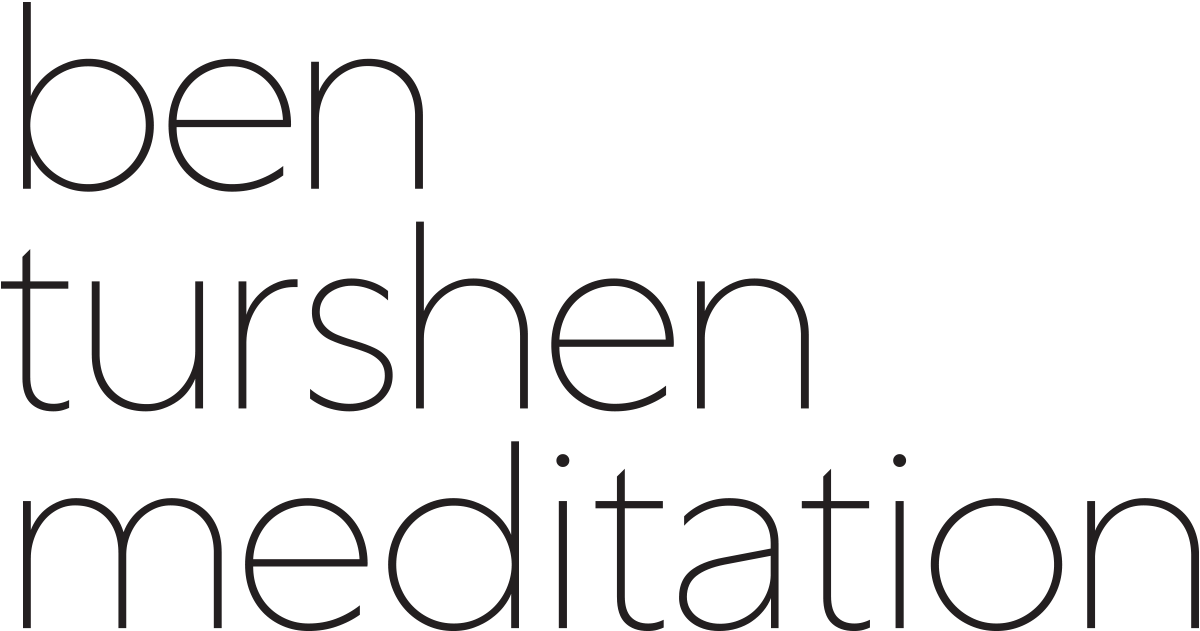By Ben Turshen.
One of the main obstacles that keeps some people from learning Vedic Meditation is time. Although the technique itself is absolutely effortless, requiring no focus or concentration, paying attention to or monitoring thoughts or activity, it does require time.
The general strategy is to meditate for twenty minutes twice a day.
We tend to think of our time linearly. Meaning if spending our time meditating, that is time taken away from doing something else, like work or spending time with our friends and family or going to the gym. Nothing could be further from the truth.
Stress and fatigue rob us of our time. When we're at work, we're thinking about being at home with the family. When we're home with the family, we're thinking about being at work. The result is we're never really anywhere. That is time lost.
The profound deep rest experienced while practicing Vedic Meditation heals our bodies of the effects of decades of accumulated stress. Practicing Vedic Meditation twice a day for twenty minutes has the effect of sleeping an extra two to four hours. This provides us with energy and clarity so that we can be infinitely more attentive, productive, efficient and available in all of our relationships and endeavors. That is time gained.
